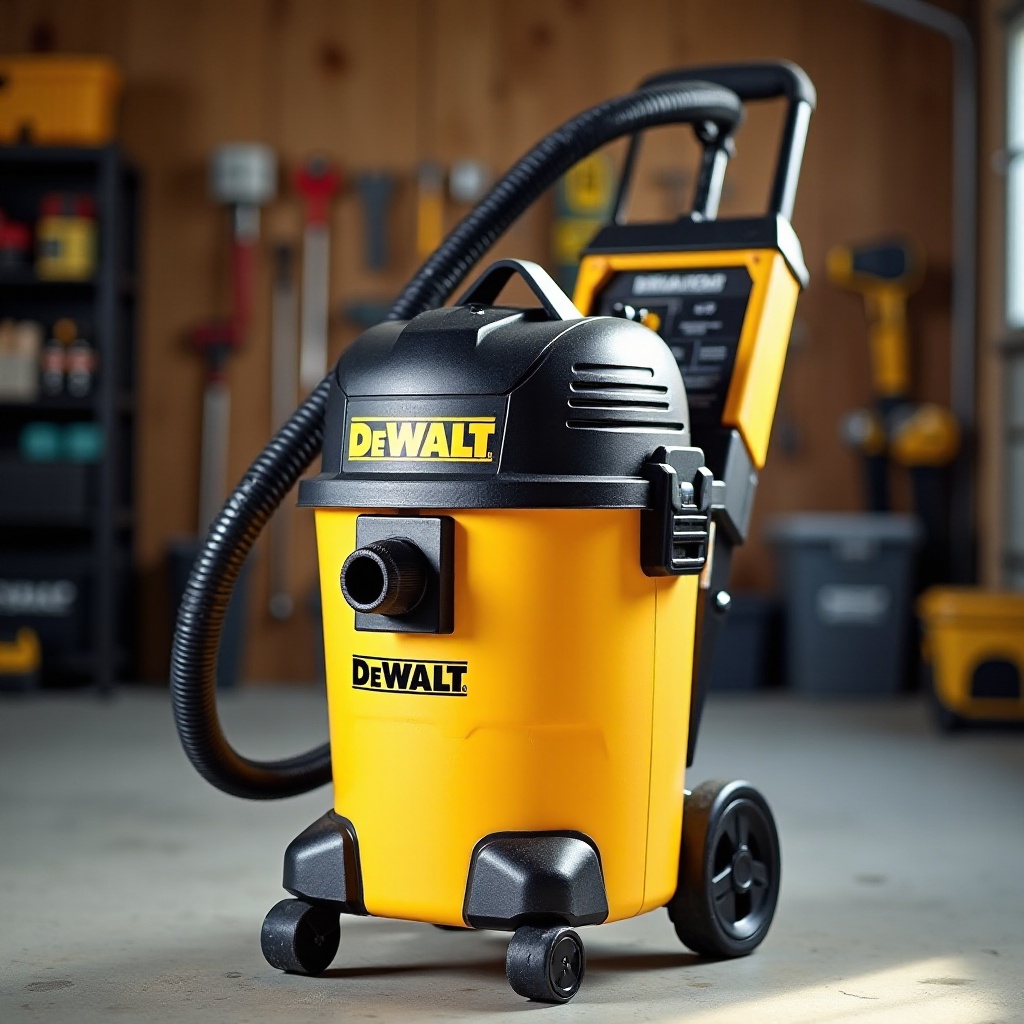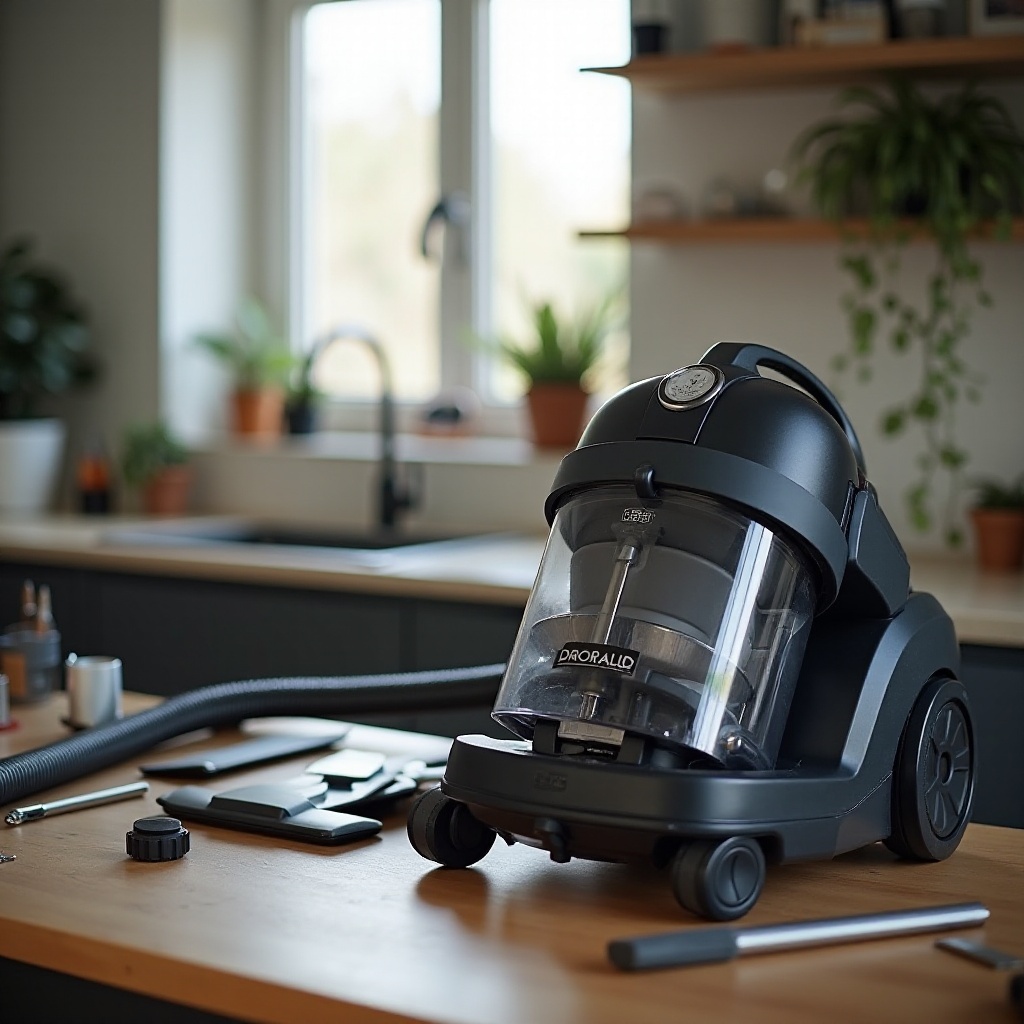Introduction
A common issue for pet owners is dealing with vacuums that emit unpleasant odors. If you’ve ever wondered why your vacuum smells like dog, you’re not alone. This problem affects many households with furry friends. Understanding the reasons behind this issue is the first step towards finding effective solutions. Let’s delve deeper into the common causes of vacuum odors, practical steps to eliminate them, and preventative measures to ensure your vacuum stays fresh.
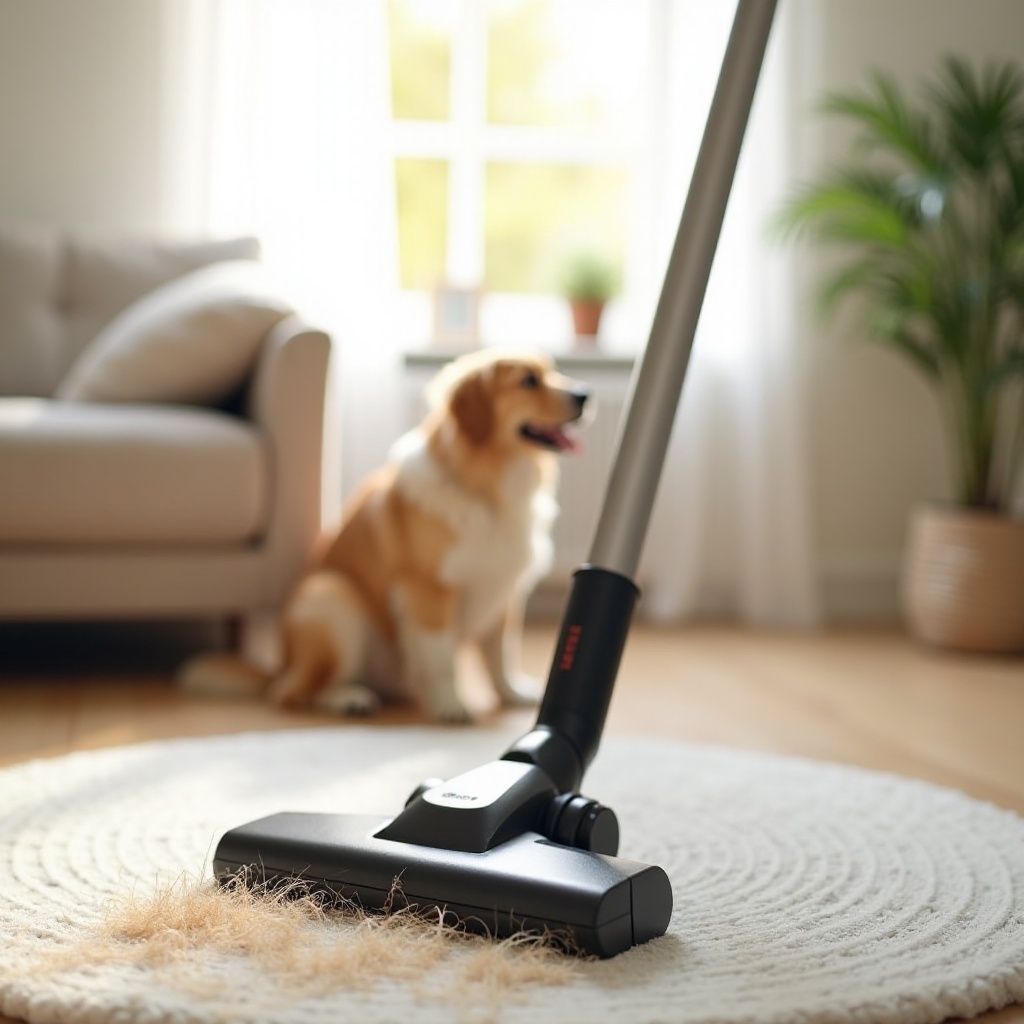
Common Causes of Vacuum Odors
Several factors contribute to that unpleasant dog odor emanating from your vacuum. Identifying the source of the smell is crucial in addressing the problem effectively.
Accumulation of Pet Hair and Dander
Pet hair and dander are inevitable if you have dogs. When you vacuum, these particles accumulate inside the machine, including the brush rolls, hoses, and dust bags. Over time, the pet hair can begin to decay, and dander can build up, leading to a noticeable odor. Whenever you vacuum, the machine heats up, exacerbating these smells and spreading them around your home. Regular cleaning of the vacuum components that interact with pet hair can significantly reduce these odors.
Dust and Dirt Buildup
Apart from pet hair, dust and dirt are other common culprits. Dust mites and microscopic particles can become trapped in the vacuum, especially within the bag or dustbin. These particles can carry bacteria and other microorganisms that thrive in the dark, warm environment inside the vacuum, releasing bad smells. Ensuring you empty the vacuum’s dustbin or replace the bag frequently can help minimize the accumulation of dirt and subsequent odors.
Bacteria and Mold Growth
A less obvious but significant cause of vacuum odors is bacteria and mold growth. Moisture from cleaning carpets or floors can remain inside the vacuum, creating an ideal breeding ground for mold and bacteria. These microorganisms not only produce bad smells but can also pose health risks. To counteract this, make sure your vacuum is thoroughly dried after using it for wet cleaning. Regular maintenance, such as disinfecting the vacuum parts, can prevent bacteria and mold growth.
Worn or Dirty Filters
Vacuum filters are designed to trap fine particles and allergens, which means they often end up catching a lot of pet hair and dander. When these filters get clogged or dirty, they can cause the vacuum to emit unpleasant smells. Regularly checking and cleaning or replacing your vacuum’s filters is essential. A clean filter ensures your vacuum operates efficiently and odor-free.
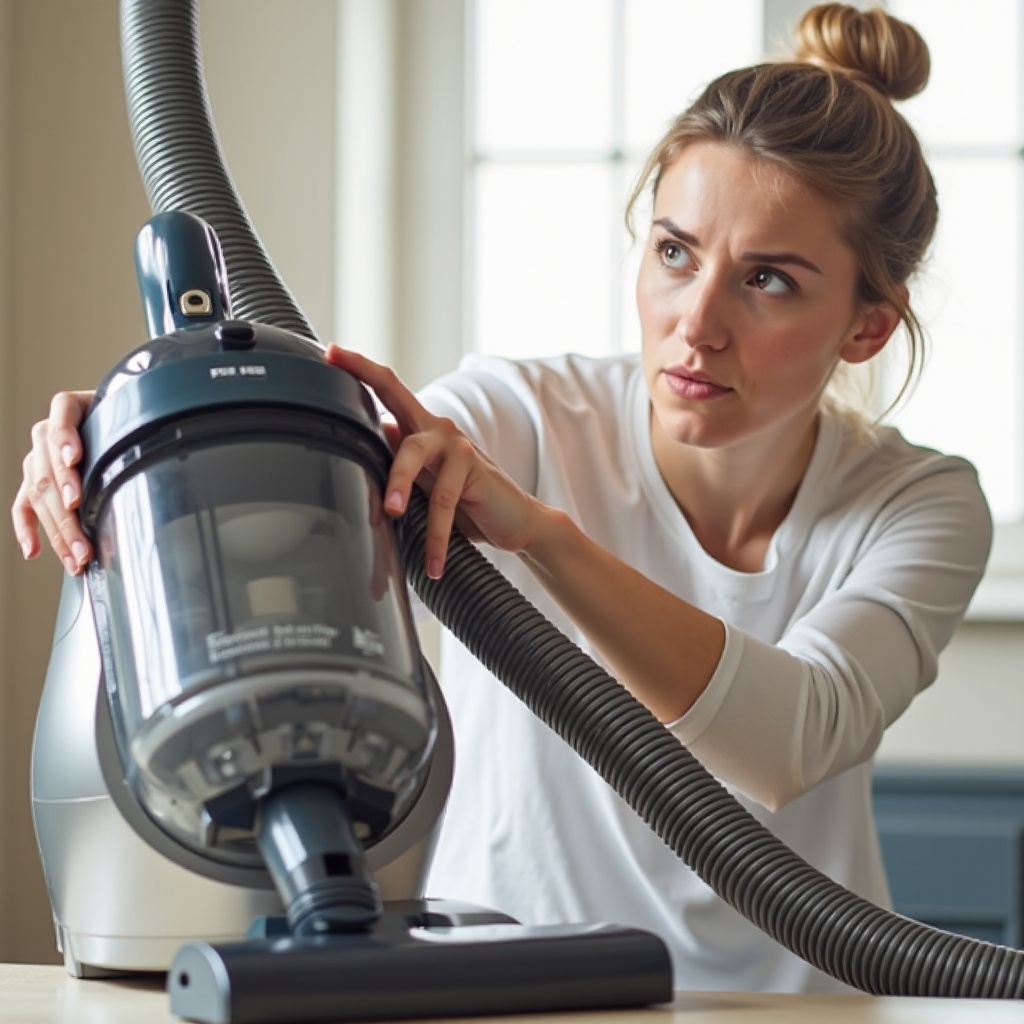
Steps to Eliminate the Odor
Once you identify the source of the unpleasant odor, the next step is to eliminate it. Here are some effective steps to get rid of the dog smell from your vacuum:
- Empty the Dustbin or Replace the Bag: Do this frequently to prevent buildup.
- Clean the Brush Roll and Hoses: Remove trapped pet hair and dander.
- Wash or Replace Filters: Follow the manufacturer’s instructions to either clean or replace the filters.
- Disinfect the Vacuum Components: Use a mild disinfectant to wipe down hoses and attachments.
- Use Baking Soda: Sprinkling baking soda inside the vacuum bag or bin can help neutralize odors.
By following these steps, you can transform your vacuum from a source of unpleasant smells to a fresh and efficient cleaning tool.
Preventative Measures for a Fresh-Smelling Vacuum
Preventing the odor is always better than dealing with it later. Here are some preventative measures to keep your vacuum smelling fresh:
-
Regular Maintenance: Clean and replace filters regularly. Empty the dustbin or replace the bags frequently.
-
Vacuum Pet Bedding Separately: Avoid vacuuming pet bedding with the same vacuum used for the general household to prevent cross-contamination of odors.
-
Use a Vacuum with a HEPA Filter: These filters are particularly effective at trapping small particles, including pet dander and allergens.
-
Store Your Vacuum Properly: Keep your vacuum in a dry, well-ventilated area to prevent mold and bacteria growth.
By incorporating these preventative measures, you can maintain a clean and odor-free vacuum cleaner.
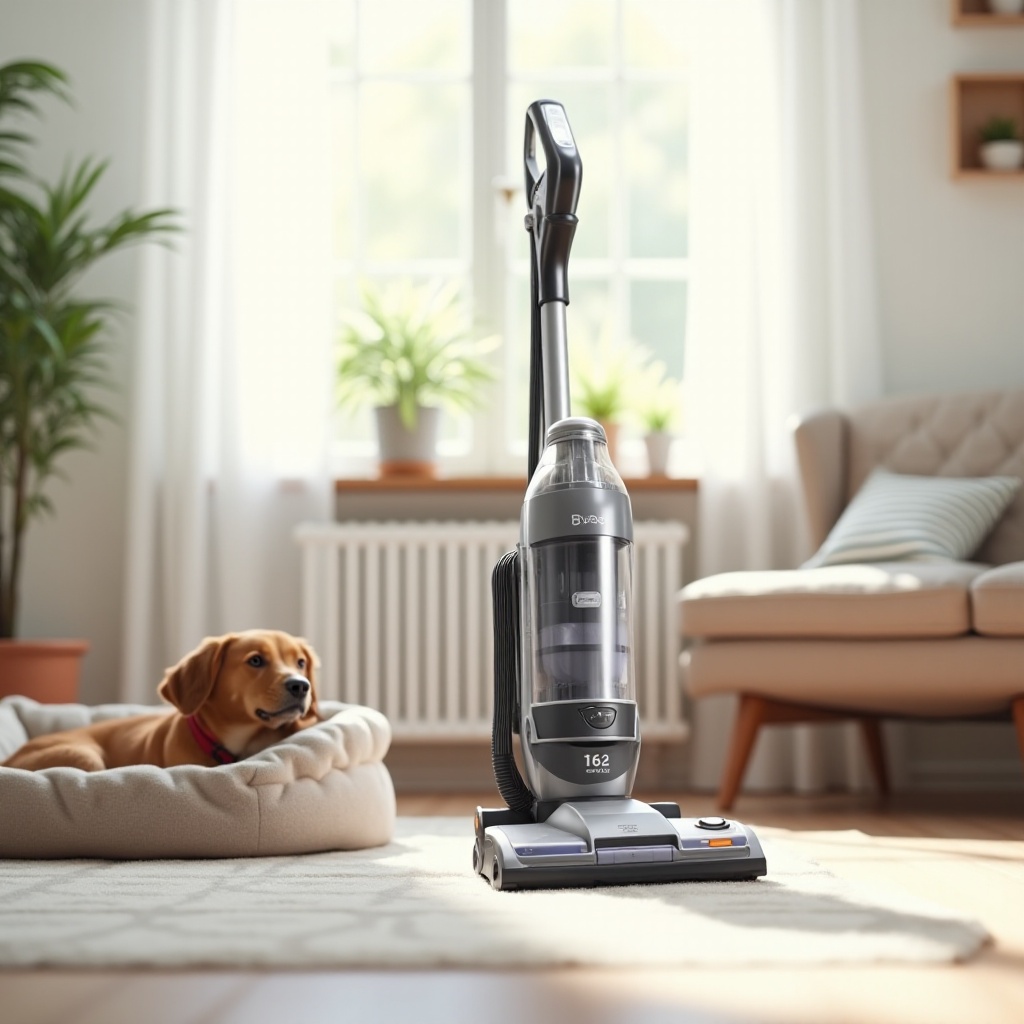
Conclusion
Understanding why your vacuum smells like dog and taking appropriate measures can vastly improve your vacuuming experience. From routine maintenance to adopting preventative habits, addressing the root cause of the odor ensures your home remains fresh and clean. Happy vacuuming!
Frequently Asked Questions
How often should I clean my vacuum to prevent odors?
To prevent odors, clean your vacuum at least once a month. This includes emptying the dustbin, washing or replacing filters, and cleaning the brush roll and hoses.
Can I use essential oils to deodorize my vacuum?
Yes, but use them sparingly. A few drops of essential oil on a cotton ball placed inside the vacuum bag or bin can help mask unpleasant odors. Be cautious as excessive use can damage vacuum components.
What type of vacuum is best for homes with pets?
For homes with pets, a vacuum with a HEPA filter and strong suction power is ideal. Look for models designed specifically for pet hair that include attachments for thorough cleaning.

